Ana* was on her way home from school with her young cousin when it happened. “She managed to run away, but I didn’t,” she said, her voice trembling. “They put me in a car. They were white men. And they raped me.”
Ana’s ordeal wasn’t an isolated incident, but part of a horrific pattern of brutal sexual violence inflicted on indigenous children and women in northern Argentina by non-indigenous men, often in groups.
Campaigners describe it as a racist practice dating back to the conquest of the Americas. Now, they are demanding it be made a specific hate crime, doubly aggravated on the grounds of race and gender. “Ever since the conquest, we women have been the first victims,” said Octorina Zamora, a Wichí campaigner for the rights of indigenous women.
The attacks, predominantly in the northern Argentinian provinces Salta and Chaco, are sometimes called “chineo”, although some activists say the term is racist because it stems from “china” (Chinese) – a slang term for indigenous women.
Argentina: human rights outrage at province’s ‘abusive’ quarantine
Read more
Alina*, a Wichí woman from a remote region in northern Salta, has encountered at least four cases – including one victim who was just four years old.
“Sometimes because of the fear, sometimes because the person who did it threatens them, they won’t say [what happened],” she said. “But we’re mothers. We speak to them, and then they tell us.”
It is impossible to tell how common such attacks are as many victims don’t speak out because of trauma, shame and fear of reprisals. But sexual abuse is a major issue in the region. A 2016 Unicef report found that the proportion of babies born to teenage mothers was substantially higher than the national average in northern provinces, reaching over 20% in some places.
Indigenous people make up roughly 2.4% of Argentina’s population, and face entrenched problems with discrimination, neglect, hunger and desperate poverty.
Alina’s community is a cluster of small houses made of clay, metal sheeting and tarpaulins. Many women speak no Spanish and have no means of transport to the nearest town.
Attackers are usually in a position of economic power over the victims and their families, sometimes offering them food or money after the attack. “To report someone who has money – you can’t do that,” Alina said.
Zamora said that women’s organizations and state institutions that are supposed to help victims lack an understanding of indigenous realities. “They just tell us to call 911, like in the city, but we don’t even have phone lines,” she said. Zamora stressed that sexual abuse also occurs within the community.
She believes that awareness of the issue is starting to grow. In 2015, a 12-year-old Wichí girl with learning difficulties was raped by a group of non-indigenous men and the case made headlines when it emerged that she was pregnant. In a landmark February 2019 ruling, six men were sentenced to 17 years in prison for the attack.
Activists from the Mujeres Indígenas por el Buen Vivir (Indigenous Women for Living Well) movement launched #BastadeChineo (#NoMoreChineo), a campaign to end the practice in 2019. The women compiled the stories of Ana and other survivors anonymously, in the hope that raising awareness of their experiences would prompt the authorities to take action.
“It’s the story of indigenous girls in the north and how this patriarchal, racist, machista, colonial system keeps colonizing, keeps exterminating, keeps violating the indigenous world,” said Juana Antieco, a Mapuche-Tehuelche activist with the group. “Because unfortunately, the conquest isn’t over.”
Campaigners are asking Argentina’s government to incorporate the rape of indigenous children and women by non-indigenous men into the penal code as an aggravated hate crime.
Modifying the penal code to secure harsher sentences for this kind of crime would require a bill to pass through congress. Gustavo Farquharson, provincial delegate for Salta for the state anti-discrimination agency, Inadi, said similar modifications have been made in the past to recognize femicide, but the process is slow.
And for indigenous communities, the need for action is urgent. “Many women and girls live in constant danger of being abused and murdered,” Farquharson said.
Zamora believes more resources and support are needed to educate and train indigenous women about their rights, so they can advocate for themselves. “Rape breaks a woman spiritually,” she said. “It’s very hard to recover from that. Or you don’t recover at all.”








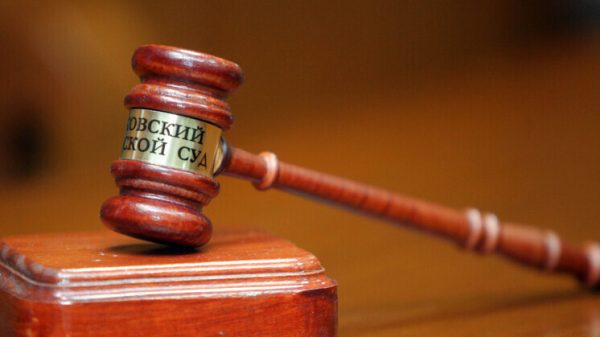
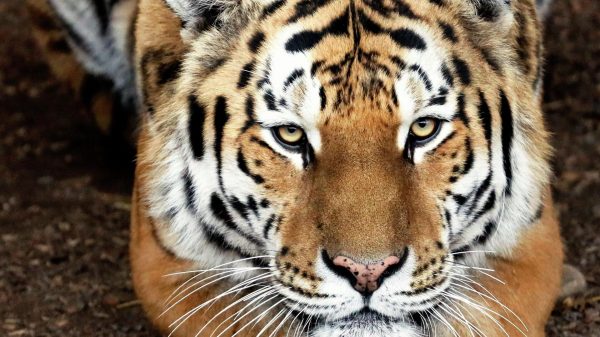
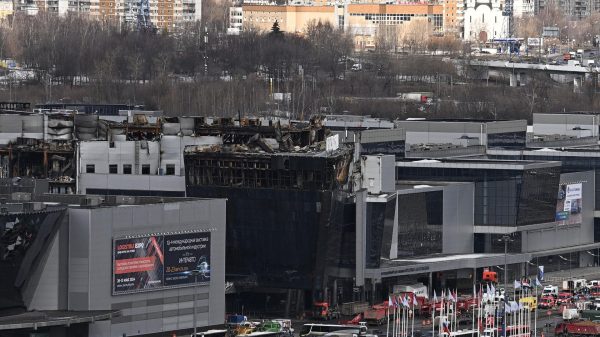







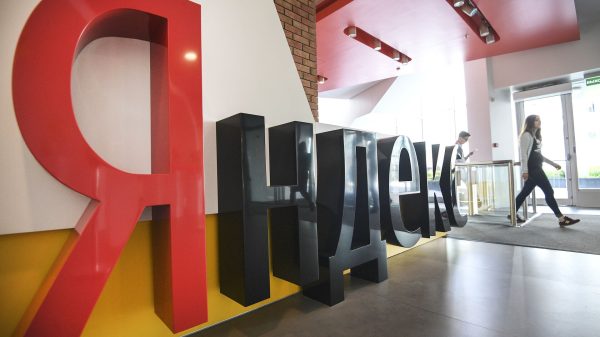
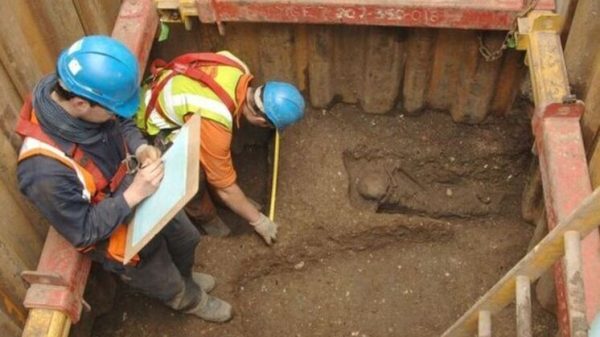
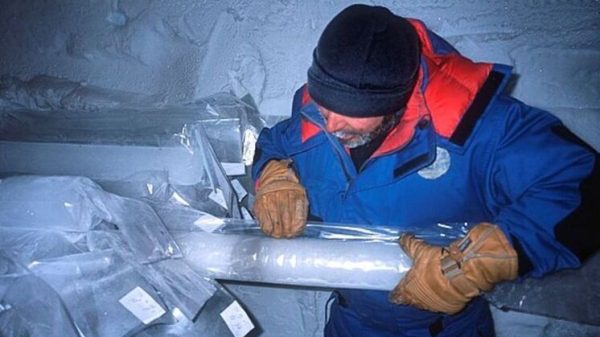
































Свежие комментарии